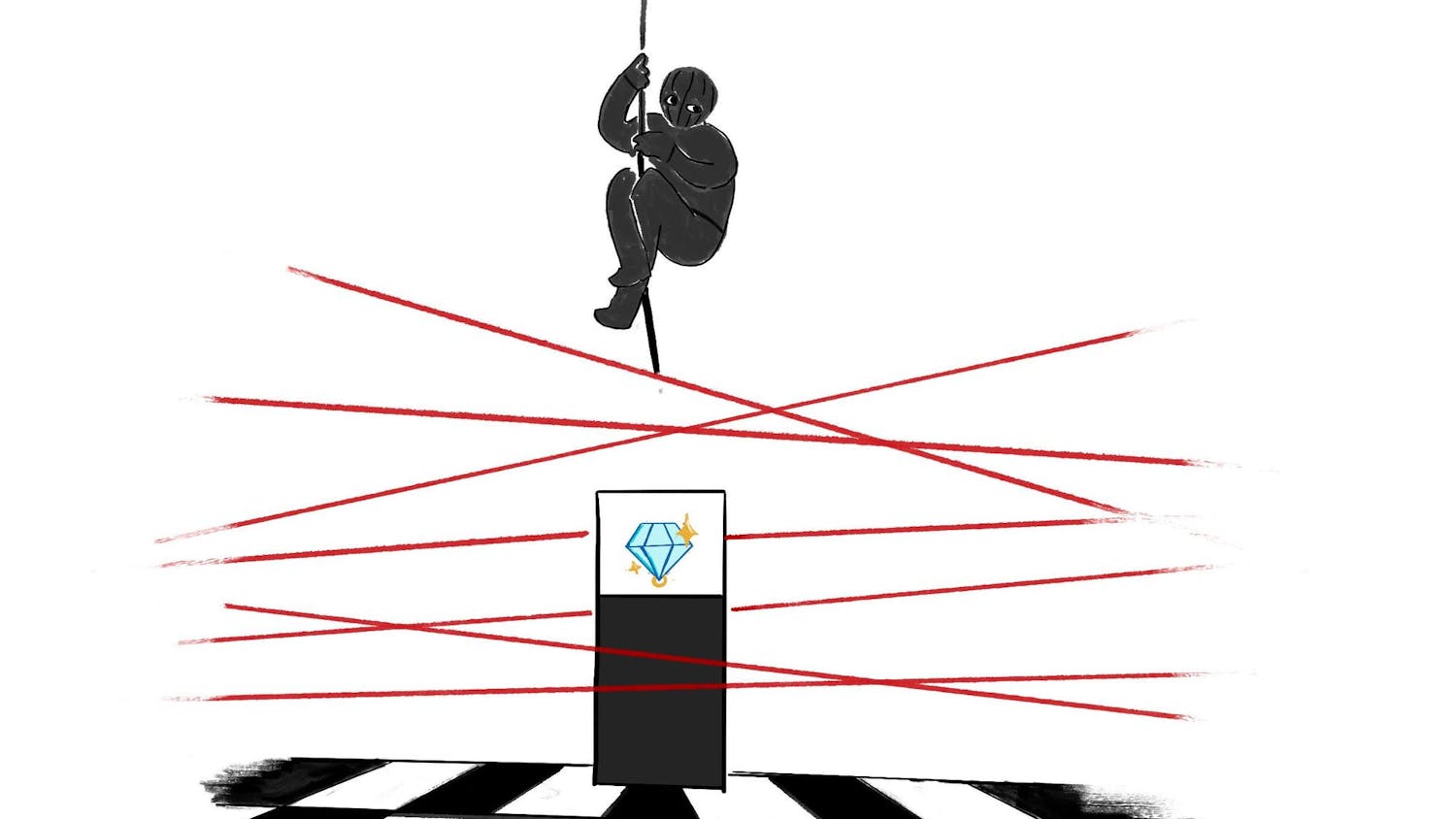When it comes to sleeping, the amount you get can be more crucial than you think.
Professor Joseph Buckhalt of the department of special education, rehabilitation and counseling said that losing sleep can build up a debt that can have many adverse effects on health including emotional regulation, mental
“In addition to impairing your attention and learning abilities the next day, a lack of sleep also impairs your consolidation of things learned the previous day,” Buckhalt said.
For those who want to take control of their sleeping schedule and receive the benefits of healthy sleep patterns, Buckhalt offered his expertise.
Buckhalt said that electronic screens are a big culprit that contribute to the minutes spent tossing around in bed trying to fall asleep.
Blue light from screens as small as a phone can delay the release of melatonin, the chemical that helps people fall
Additionally, things like Twitter or Netflix are stimulating for people’s brains and rile them up when they should be relaxing into sleep.
To prevent this from affecting sleep, Buckhalt suggested turning off the screens and attempting to get away from extremely bright lights at least an hour before going to bed.
When restless and lying in bed, Buckhalt said people often think a solution is to get up and exercise to make themselves tired and able to fall asleep more easily.
However, he said this is not true. Exercising promotes a chemical called cortisol, which counteracts and suppresses melatonin, making it less likely to fall asleep fast.
Because of this, he also suggests not exercising within an hour of going to bed in order to give your body time to recover.
Another popular element that interferes with sleep is caffeine. Buckhalt said that caffeine should be avoided because, while it might make you fall asleep, it can also force a lighter and less satisfying sleep.
“One of the reasons caffeinated beverages, coffee included, have become so popular with younger people is because we are all sleep deprived and need that jolt to get going and to keep going,” Buckhalt said. “However, caffeine stays in your body for a long time. It’s best not to have caffeine at all in the afternoon.”
Lastly, Buckhalt said darkness, lack of noise and temperature are key for getting the best night’s rest.
“Dark, quiet and cool,” Buckhalt said.
While Buckhalt said these are not the only things that contribute to efficient sleep, following these tips can help make an improvement in everyone’s sleeping patterns.
p.p1 {margin: 0.0px 0.0px 0.0px 0.0px; text-align: justify; text-indent: 9.0px; line-height: 11.0px; font: 9.5px 'Crimson Text'} span.s1 {font-kerning: none}
Do you like this story? The Plainsman doesn't accept money from tuition or student fees, and we don't charge a subscription fee. But you can donate to support The Plainsman.




